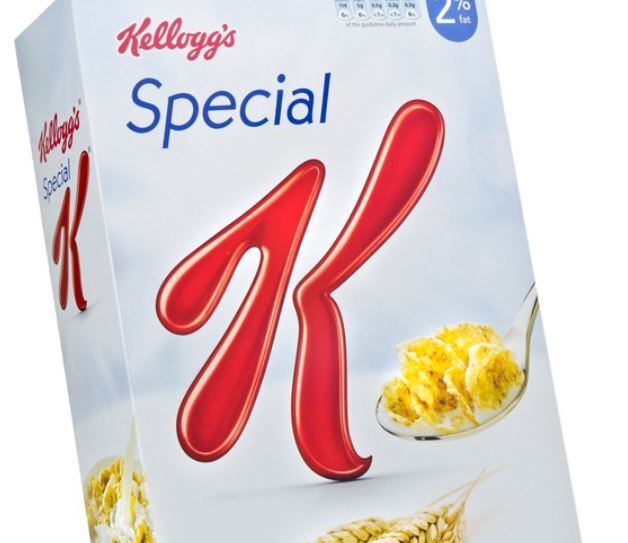The ruling refers to an authorised health claim for folic acid related to the risk reduction of neural tube defects (NTDs) in foetuses.
Whilst the claim can be used for foods that provide at least 400 micrograms (µg) of folic acid per daily portion, a typical serving of Special K did not provide folic acid in that quantity, according to ASA.
The authority added that it could not therefore claim that consumption of Special K, which was a source of folate (folic acid), provided sufficient amounts of the nutrient to reduce NTD risk in foetuses.
“We considered that the amendment to the wording of the authorised health claim from “folate” to “folic acid” was in principle acceptable, and we accepted that folic acid played a role throughout pregnancy,” said ASA.
“However, we considered that the key connection consumers would make with folic acid was its role in reducing the risk of birth defects such as NTDs.
“We considered that connection was reinforced by the prominent claims and visuals of the ad which implied that the cereal provided sufficient quantities of folic acid for pregnant women or those who were trying to conceive to reduce the risk of NTDs in foetuses.
“We concluded that as a result, the claim “made with folic acid feeding development”, in the context of the ad, did not retain the meaning of the authorised health claim and exaggerated the health benefits of the product, and that the ad was in breach of the Code.”
Kellogg’s' defence
Responding to the decision, the American multinational food maker said that as the food was consumed daily, it was an important way of ensuring women of childbearing age maintained folic acid levels.
The company pointed out that folic acid consumption from cereals contributed 9–11% of the daily intake for women aged 19 to 64 years of age.
Kellogg’s also provided Special K nutritional information which showed that a 30 gram (g) serving of the cereal provided 100µg of folic acid, which was 50% of the Nutrient Reference Value (NRV).
Further points of argument in its defence referred to the claim covering the nutrient folate for which there is an authorised health claim on the EU Register of Nutrition and Health Claims Made on Foods.
“It was clear from the guidance provided by the Committee of Advertising Practice (CAP) and the Department of Health that flexibility was permitted in the wording of health claims where the change had been made to aid consumer understanding,” said Kellogg’s.
The company considered the term folic acid was commonly known and widely understood for a nutrient that was important for pregnant women and women trying to conceive.
They also considered that folic acid was a synthetic form of folate that was more easily absorbed by the body than the natural form.
Clearcast backing
Kellogg’s defence received backing from Clearcast, a non-governmental organisation (NGO) that pre-approves British television advertising.
The NGO reiterated Kellogg’s comments that authorised health claims could be adapted for use in advertising, provided the advertising claim had the same meaning for the consumer as the authorised claim.
Clearcast said the word ‘folate’ would not be clearly understood by the average consumer, as it was more commonly known as folic acid especially in food products.
On that basis, they believed the claim had the same meaning as the authorised health claim and would be more easily understood by the consumer.
Despite Kellogg’s objections, ASA ruled the ad was not to appear again in its current form with instructions issued to Kellogg Marketing and Sales Company (UK) to ensure they retained the meaning of and did not exaggerate authorised health claims in future.

